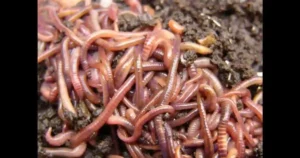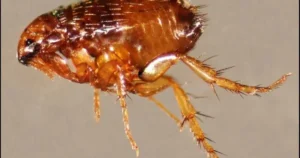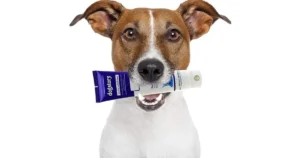Durian is a tropical delicacy enjoyed by many across Southeast Asia for its rich flavor and creamy texture. Its distinct aroma might tempt curious pets, but is it safe to share this fruit with your furry companion? In this comprehensive guide, we’ll uncover the effects of durian on dogs, delve into its nutritional properties, and provide clear recommendations on whether it should be part of your dog’s diet.
Understanding Durian: The King of Fruits
Durian, often hailed as the “king of fruits,” is known for its spiky shell, pungent smell, and custard-like flesh. It contains nutrients like carbohydrates, fats, dietary fiber, vitamins, and minerals, making it a powerhouse for human consumption. However, the canine digestive system differs significantly, necessitating careful evaluation before introducing durian into a dog’s diet.
Nutritional Composition of Durian
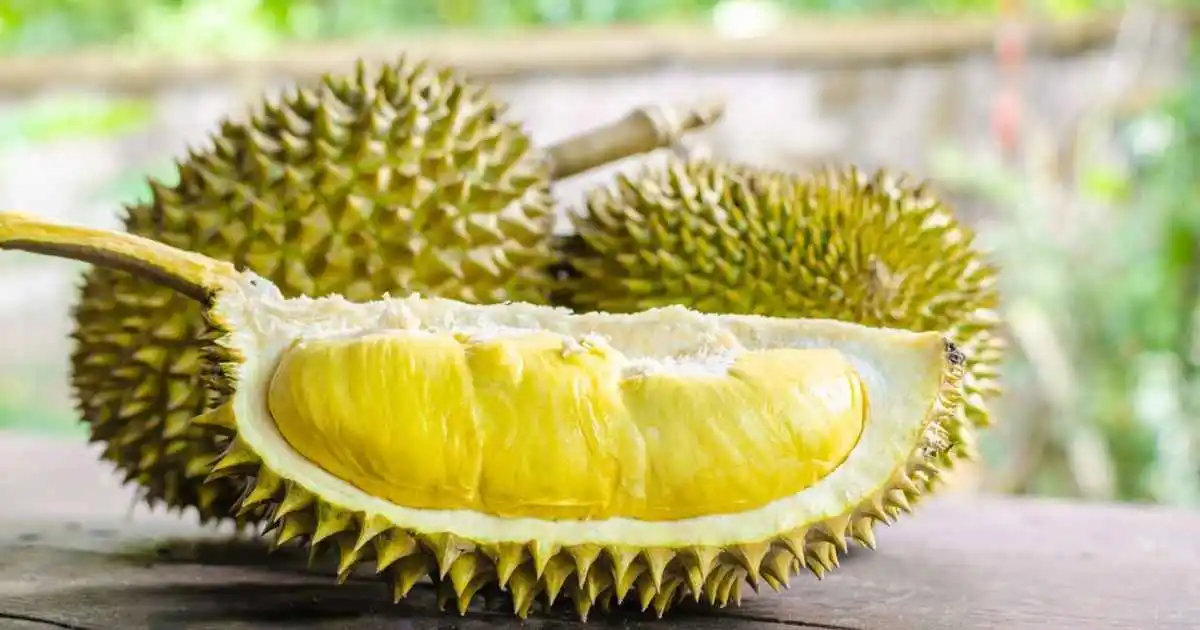
Key Nutrients in Durian
- Carbohydrates: Provides energy but can be excessive for dogs in large quantities.
- Sugar: High sugar levels can disrupt a dog’s metabolic processes.
- Fat: A source of energy, though excessive fat may lead to weight gain in dogs.
- Fiber: Supports digestion but, in excess, might cause gastrointestinal issues.
Potential Benefits for Dogs
While durian contains vitamins C, B6, and potassium, these nutrients are readily available in safer, dog-friendly foods. Feeding durian to dogs is not an efficient or safe method of delivering these nutrients.
Is Durian Safe for Dogs?
The short answer is no, and here’s why:
Digestive Challenges:
Dogs are not biologically equipped to process durian’s rich fiber and sugar content, often resulting in:
- Vomiting
- Diarrhea
- Gas and bloating
Toxicity Risks:
- Seeds: Durian seeds are particularly dangerous, containing compounds that release cyanide. Ingesting them can lead to cyanide poisoning, which is fatal if untreated.
- Shell: The hard, spiky shell is indigestible and poses a risk of intestinal blockages.
Obesity Concerns:
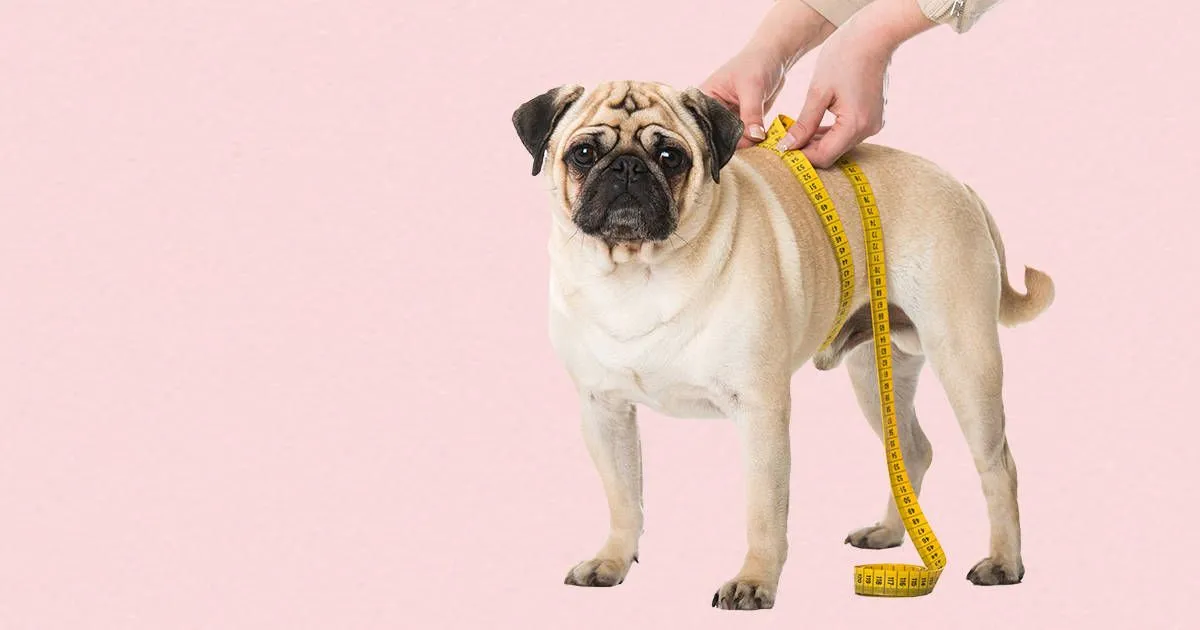
Durian’s caloric density and high sugar content contribute to weight gain and increase the risk of diabetes, especially for sedentary or older dogs.
What Happens If a Dog Eats Durian?
Mild Exposure
If your dog consumes a small piece of durian flesh, the effects might be mild, such as temporary discomfort or a soft stool. Monitor your pet closely and provide plenty of water.
Serious Incidents
If your dog ingests durian seeds or a large amount of flesh, symptoms like lethargy, vomiting, and difficulty breathing could indicate toxicity or a gastrointestinal obstruction. Seek immediate veterinary attention in these cases.
Better Alternatives: Fruits Dogs Can Safely Enjoy
Instead of durian, consider offering these dog-friendly fruits that are safe and nutritious:
1. Apples (Seedless)
- Benefits: High in fiber and vitamins A and C.
- Caution: Remove seeds, as they contain cyanide.
2. Bananas
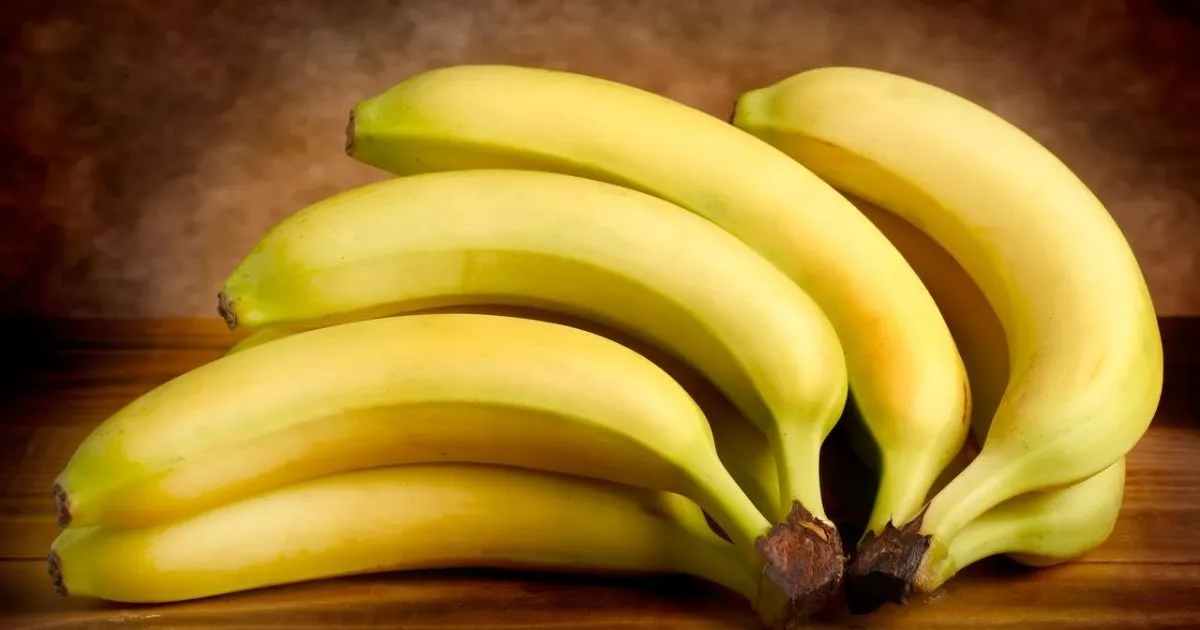
- Benefits: Rich in potassium and easily digestible.
- Caution: Feed in moderation due to high sugar content.
3. Blueberries
- Benefits: Low in calories and packed with antioxidants.
- Caution: Serve fresh and clean to avoid pesticides.
4. Watermelon (Seedless)
- Benefits: Hydrating and loaded with vitamins A and C.
- Caution: Avoid rind and seeds to prevent choking hazards.
How to Handle Durian Accidents
If your dog accidentally consumes durian:
- Evaluate the Quantity: Determine how much was eaten and whether the seeds or shell were included.
- Look for Symptoms: Observe signs of discomfort, vomiting, or lethargy.
- Contact Your Vet: Provide details of the incident for personalized advice.
- Follow Instructions: Your vet might suggest a wait-and-watch approach or recommend bringing your dog in for an examination.
Training Tips to Prevent Accidental Ingestion
1. Supervise Your Dog
Keep durians and other human foods out of reach, especially when preparing meals or snacks.
2. Train Basic Commands
Teach commands like “leave it” and “drop it” to discourage your dog from eating potentially harmful items.
3. Use Pet-Safe Containers
Store food in secure, pet-proof containers to avoid unintended access.
Durian and Dogs: A Risky Combination
Durian’s complex nutritional profile, coupled with its toxic parts, makes it unsuitable for dogs. The risks—ranging from digestive upset to severe poisoning—outweigh any potential benefits. Responsible pet care means offering safe, nutritious treats tailored to your dog’s needs.
Conclusion
While the temptation to share food with your pet is understandable, it’s crucial to prioritize their safety. Durian, with its high sugar content, indigestible parts, and toxicity risks, is not a safe option for dogs. Opt for dog-friendly fruits like apples, bananas, and blueberries to ensure your furry friend enjoys tasty yet healthy treats. Always consult your veterinarian before introducing new foods to your dog’s diet to avoid unnecessary health risks.
FAQs
Can dogs eat durian safely?
No, durian is not safe for dogs. Its high sugar content, indigestible parts, and potential toxicity make it unsuitable for canine consumption.
What should I do if my dog eats durian?
Monitor your dog for symptoms such as vomiting or lethargy. If seeds or a large quantity were ingested, seek veterinary care immediately.
Are any parts of the durian safe for dogs?
No. Both the flesh and seeds pose risks. The seeds are toxic, and the flesh can cause digestive issues due to its high sugar and fiber content.
What are the best fruits for dogs?
Safe options include apples (without seeds), bananas, blueberries, and watermelon (seedless). Always introduce new foods gradually and in moderation.

Robert Harris is a dedicated animal enthusiast and expert in the pet and wildlife niche. With extensive experience in pet care, wildlife studies, and blogging, James offers practical tips, insightful advice, and heartwarming stories to help pet owners create stronger connections with their furry, feathered and scaly friends.

